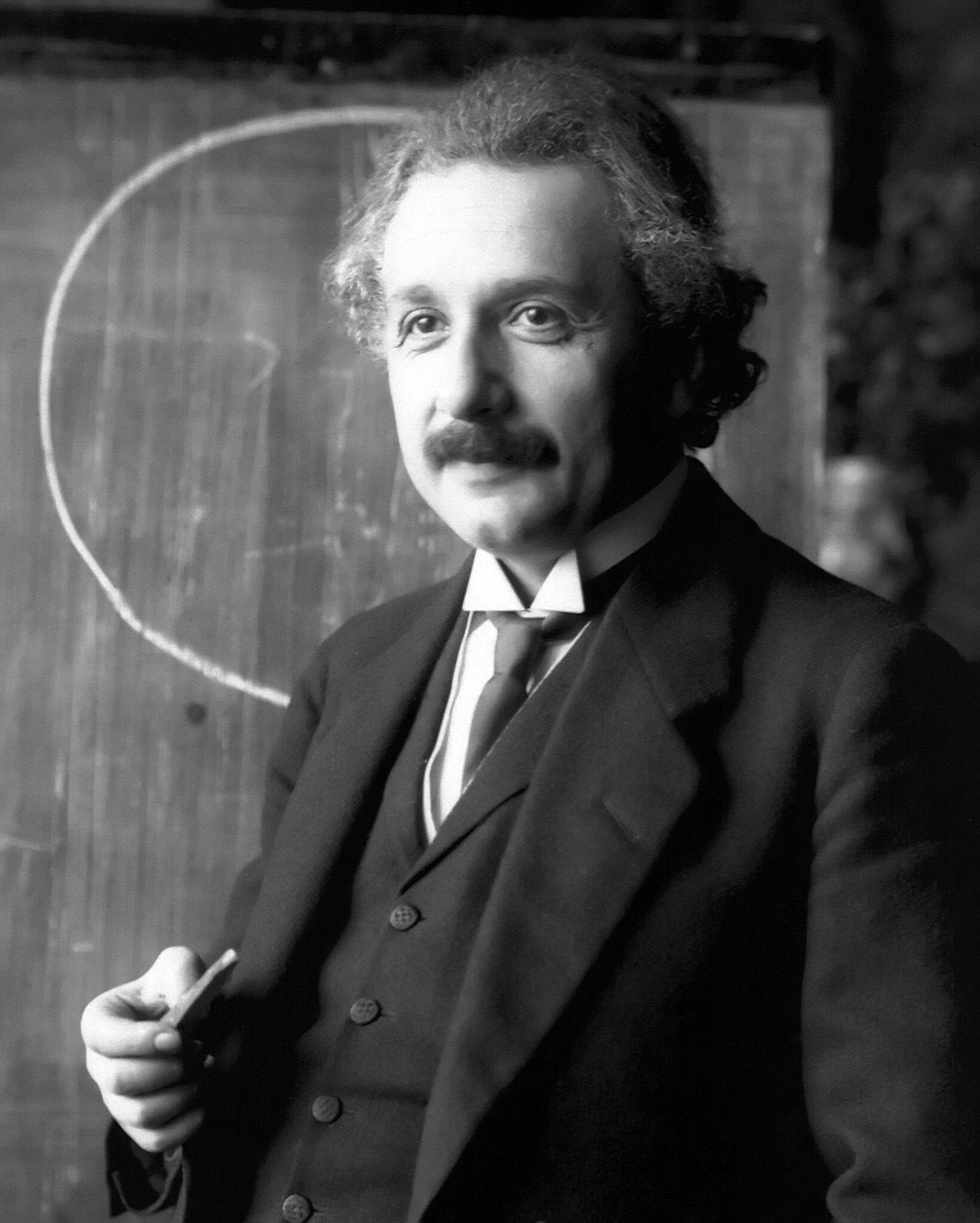
- This year of epidemic lockdowns in L.A. is getting to me. Even now most stores and restaurants are still closed, and the restaurants that are open are outdoors only. No comfort to be found in public life. Days pass without my speaking a word.
- What about the construction site guard you told me about a few months ago.* Have you kept in contact with him?
- I have. I tried to see if I could wean him off conspiracy theories and his liking for our doubly impeached ex-president. It's simple. All he had to do was ask, Where's the evidence? He quickly took me up on this game. He began writing to me asking me if the explanation for this or that wasn't conspiracy, what was it? Was it true, for example, that Einstein more or less said all knowledge was a kind of conspiracy because time was an illusion? I wrote back to him that yes Einstein had said that, but it applied only to the physical world, not the world of human consciousness. Explain that, he ordered. Think of our world completely described by an equation, I said, and the years no more than different numbers substituted for a variable in that equation. Think of the fellow doing the substitution of numbers for the variable as having a life also describable by an equation, with each of his years a variable also plugged in, and then think of another guy who sees that fellow's life laid out for all time by this mathematics. See the problem? No, he didn't. The problem is that the act of changing and plugging in of the variable's value is not part of that unchanging physical world. The reason we think time is real is because for us time only goes one way, past to present to future, whereas in Einstein's world the only difference between past present and future is the quantity of the plugged in variable. It would be possible for us the go back in time, if it weren't that our actions have a multitude of effects which have themselves multitudes of effects, with the result that simply turning around and going back the way we came requires also pushing back on all those separate results of results of results. A dropped and broken wine glass to be put back together requires not a simple elevation back from the floor to our hand but a retracing upward every drop of wine and shard of glass. What if we could do that? you ask. Do you ask? I asked him. Yes, he said. But you can't do it, because that would involve actually going back to your exact past state. All the different reaches and grabs for drops and shards themselves would have to be retraced with all their proliferating results of results. Wow, he replied: So time is an illusion for the physical world but not for consciousness? It can be that too, I said. Give up on the project of trying to understand what's happening with you and you might come up with a theory like our neoliberalism where time in our economic world is indeed an illusion because its progress is assumed to be known in advance and necessary. Very strange, really complicated, he complained. Why do we have time in consciousness but not in the world? That's weird. Maybe, he suggested, Einstein was wrong. Maybe, I replied. We count out time by finding something in the world that regularly repeats: the movement of the sun, or the vibration of a quartz crystal in a watch. But think about this: what are we measuring with that repetition? Isn't it first some movement in our consciousness?** Against the background of that movement we see the sun rise, then we see the sun set, then we see the sun rise... I think time is illusory in Einstein's world because he left out the story of observing consciousness - both measuring and measured - which like with the dropped glass of wine adds back the hidden movement of the replacement of variables and in doing so makes physical time one way and real.
- Did the construction site guard understand?
- I think he did. What about you and me? Does our remaining in touch on and off keep illusion from our past and keep it real? Who are you going to believe, me or Einstein?
- I think he did. What about you and me? Does our remaining in touch on and off keep illusion from our past and keep it real? Who are you going to believe, me or Einstein?
Further Reading:
______________
** 'It is therefore the simultaneity between two instants of two motions outside of us that enables us to measure time; but it is the simultaneity of these moments with moments pricked by them along our inner duration that makes this measurement one of time.' (Duration and Simultaneity, Henri Bergson, 1922)